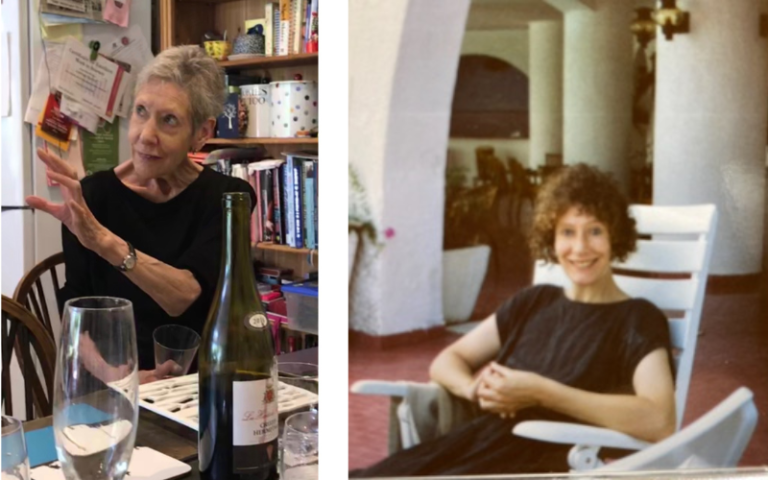Professor Amélie Kuhrt, FBA (23 September 1944 – 2 January 2023)
20 February 2023
We at UCL History mourn the loss of our wonderful, inspiring and ground-breaking colleague Professor Amélie Kuhrt, who passed away after a sudden illness at the turn of the year.

On Monday 19 June 2023, UCL History will hosted an afternoon of short talks and reminiscences in honour of Professor Kuhrt’s contributions to academic life.
Watch the event recording here:
In her forty-year career at UCL (1979–2009), as Lecturer, Reader, and then Professor of Ancient Near Eastern History, Amélie fostered an inclusive, collaborative, interdisciplinary research culture that transformed the study of ancient imperialism. A key member of the ground-breaking Achaemenid History Workshop (1981–90), alongside Heleen Sancisi-Weerdenburg, Margaret Root, and many others, she demonstrated the value of studying the Persian empire from within and below, and the interpretative limitations of relying solely on peripheral Classical sources (Kuhrt et al., eds., Studies in Achaemenid History, 10 vols, 1987–1996). Her invaluable collection, The Persian Empire: A Corpus of Sources from the Achaemenid Period, 2007) is at once a magisterial demonstration of her encyclopaedic grasp of the evidence, operating principles and open questions in her specialism, and a generous opening up of the field to others.
This spirit of collaborative interrogation of overlooked sources, and a playful challenging of old orthodoxies, also drove her other major projects. Together with Susan Sherwin-White, Amélie shook up the study of the Seleucid empire by pointing out its essential Middle Eastern-ness (Hellenism in the East, 1987; From Samarkhand to Sardis, 1993). Likewise, her edited conference volume with Averil Cameron, Images of Women in Antiquity (1983, 2nd ed. 1993), was typically capacious in its chronological, geographical, thematic and methodological range, and its focus on the hitherto neglected. In recognition of her profound influence on ancient history, she was elected as a Fellow of the British Academy in 2001.
Amélie’s inclusivity extended to her teaching and mentoring of students and colleagues, many of whom became life-long friends. Her two-volume History of the Ancient Near East, 3000–300 BC (1995), based on her much-loved lectures at UCL, immediately became an essential university textbook across the globe, never surpassed in its depth of detail. Her legacy lives on, not only in her written words — which resound with the sound of her distinctive voice, for those who had the privilege to know her — but through the example she set throughout her career of hospitality, humour and intellectual acumen.
Amélie is survived by her daughters Natasha and Tanya, her partner Patrick Chorley, and grandchildren Hector, Kitty and Lydia. She is much missed by family, friends, colleagues and students all over the world. We hope you will be able to join us in celebrating her life, work and legacy.
Images courtesy of Natasha Kuhrt.
 Close
Close

